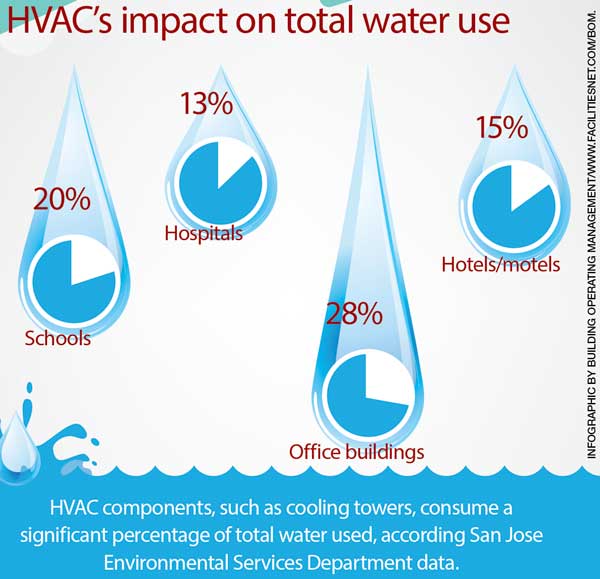Heat Pump Vs Heater - Which Is The Better Heating Alternative For Your Home?
Heat Pump Vs Heater - Which Is The Better Heating Alternative For Your Home?
Blog Article
Post By-Pearson Sims
Many property owners recognize with heaters, which heat homes with oil or natural gas and press hot air with ductwork. They are reasonably cost-effective and can supply trusted home heating even during a winter season power blackout.
Nonetheless, they utilize nonrenewable fuel sources and produce carbon monoxide gas and various other air pollution. They likewise aren't as energy-efficient as a high-efficiency heat pump.
Price
Typically, heat pumps are much more budget-friendly to run than heating systems. They normally use electricity and cooling agent to extract heat from outside air, and after that transfer it into your home. read article can make use of less costly electrical energy prices throughout off-peak hours to further lower your heating expenses.
Unlike heatpump, gas or wood-burning furnaces use burning to generate heat, discharging flue gases right into the environment that can be dangerous to your health and wellness. These heating systems are also much less energy-efficient than heat pumps, and their higher operating costs can accumulate in time.
Heating systems are more complicated than heatpump and need routine maintenance to ensure the correct function of all parts. Despite this, they often tend to last longer than heatpump with a normal life-span of two decades or more. However, you'll require to factor in the price of gas, fuel oil or timber and the extra devices required for setup and operation such as air ducts and air flow systems.
Energy Performance
Heatpump have a higher energy performance ranking than furnaces. These systems make use of electricity to scavenge warm from the air, also in freezing temperature levels. They can additionally eliminate excess heat from the home throughout warmer months and recycle it to cool down the system. Provider specialists can help you figure out the most effective version for your online on environment and source power expenses.
Heaters shed gas oil, gas, gas or other kinds of nonrenewable fuel source to heat the air in the home. This air is after that distributed via ductwork utilizing a huge fan. Heating systems generate greenhouse gases and call for normal maintenance and equipment upgrades to make sure risk-free procedure.
The biggest advantage of a furnace is that it can be run also in rough wintertime problems due to the fact that it does not rely upon outdoor temperatures to warm up the air. Furnaces likewise have a longer lifespan than heatpump and commonly last 15 years. They can also be coupled with dual fuel alternatives, which choose the most efficient home heating choice based upon the climate.
Climate
Heat pumps work well in modest environments and make use of much less source power than heaters. Nevertheless, if your region is incredibly cold, you might require to purchase a typical gas furnace instead.
Heaters give warm, cozy warmth and generally provide fast home heating to increase indoor temperature levels. These systems can be utilized with a selection of gas types, including gas, gas, oil or electrical energy.
They consume extra power than heatpump-- approximately 3x as much-- and call for ductwork that's pricey to set up or retrofit. They're also much more pricey to keep, as they can cause air top quality concerns and produce greenhouse gas discharges.
If you're devoted to reducing your carbon impact, a heat pump is a good option for your home. They have less greenhouse gas emissions than heaters, specifically if you pick an ENERGY CELEBRITY ® heat pump. Your neighborhood Service provider specialist can clarify the distinctions in between these two heater and aid you make the most effective decision for your special requirements.
Personal Preferences
Heaters can be really power effective when powered by natural gas, propane or oil, yet they aren't as energy reliable as heatpump in icy environments. They can additionally be extra pricey to mount, requiring gas lines and ventilation systems.
Nonetheless, heaters tend to need less maintenance, which can cause lower recurring costs. They create less greenhouse gases and are extra reliable than heat pumps throughout severe weather condition.
Electric heat pumps are more functional in producing indoor comfort since they can additionally act as ac unit throughout warmer months. They can be more convenient to maintain, requiring just regular air filter changes and occasional vacuuming.
If you like the comfort of a solitary system that does it all, think about a crossbreed heating service that sets a heating system with an electric heatpump. These systems can immediately change in between both home heating options based on your home's demands and temperature conditions, making the most of performance and financial savings.